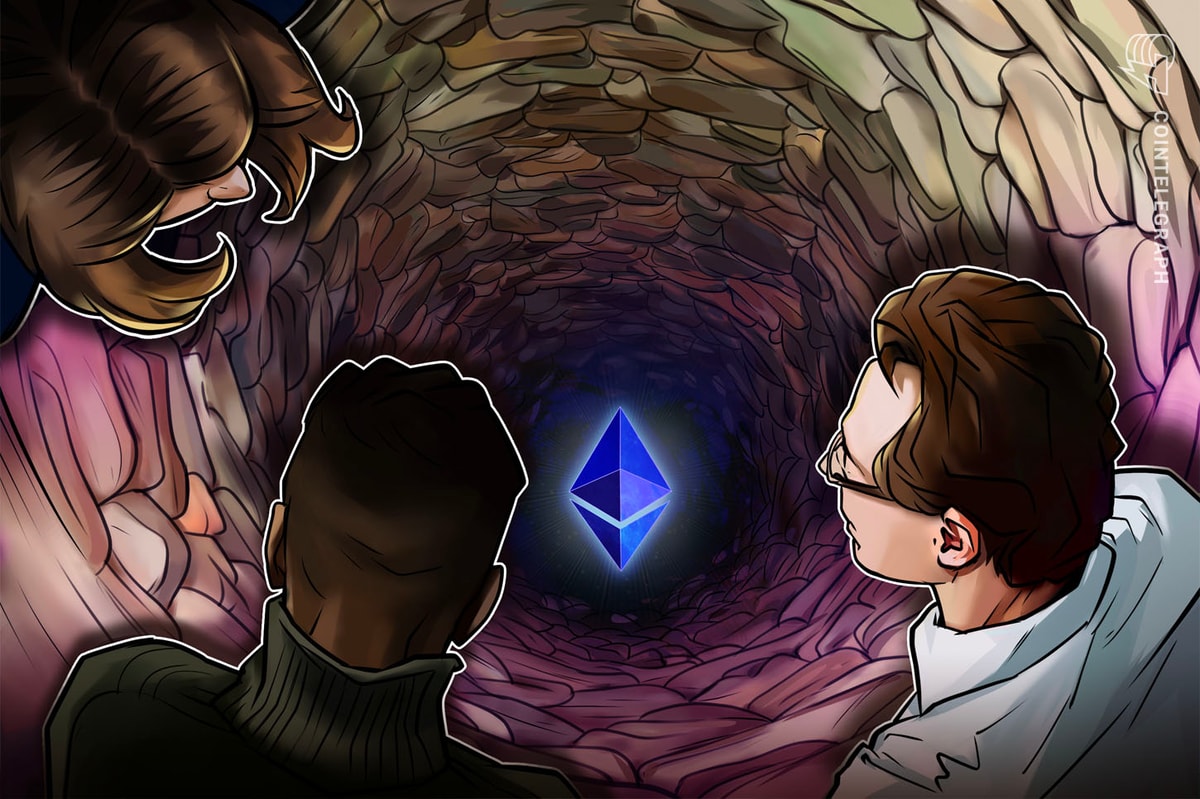The growing popularity of the play-to-earn blockchain game "Hamster Kombat" has drawn sharp criticism from Iranian government officials and hardliners, who claimed the simple play-to-earn tap game is an instrument of soft power projected by Western nations.
Habibollah Sayyari, the deputy chief of the Iranian military, claimed the game was meant to distract the Iranian population from the country's upcoming elections. Sayyari's comments were echoed by religious authority Ayatollah Nasser Makarem Shirazi, who characterized the entire field of cryptocurrencies as fraud-ridden.
Blockchain gaming: an economic lifeline for developing countries?
These comments from Iranian officials don't acknowledge the dire financial situation many Iranians find themselves in while the country is beset by Western sanctions and soaring inflation. To put Iran's economic problems into sharper perspective, the current exchange rate is 1 U.S. dollar to 580,000 Iranian rial.
Related: Iran to launch public CBDC pilot in June.
Poor economic conditions such as these have been a catalyst for the rise of blockchain games in developing countries. The NFT game Axie Infinity is a case study of this new phenomenon. At its height, players of Axie reported making as much as $1,300 per month playing the game—a significant source of income in developing countries.
Though the cost of entry to play Axie was relatively steep, organized gaming guilds provided ways for players in developing countries to offset the costs of playing Axie and other blockchain games while still providing sizable profits for guild members.
Blockchain gaming is still far from mainstream
Despite the increased traction of Web3 games in the developing world, blockchain gaming still lags behind traditional gaming and is far from achieving mainstream adoption.
A recent OnePoll survey revealed that 52% of respondents were not aware of blockchain gaming at all, and another 32% indicated they knew about blockchain games but never played one.
These numbers suggest both a massive untapped market but they are also reflective of broader problems with play-to-earn games like real token utility and the lack of quality gameplay mechanics to rival that of console and PC games.
Magazine: Why join a blockchain gaming guild? Fun, profit and create better games.











